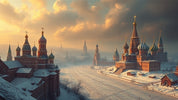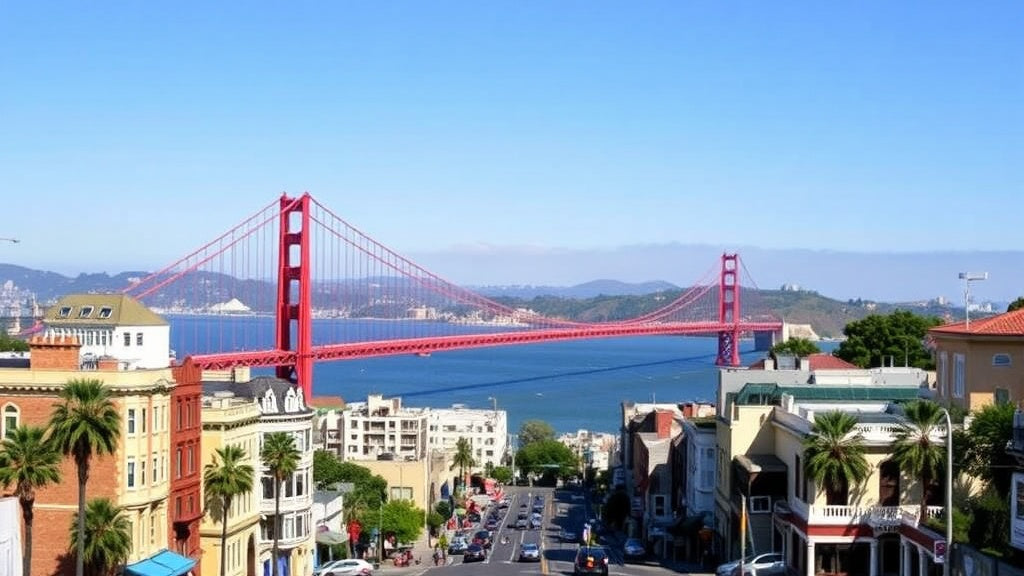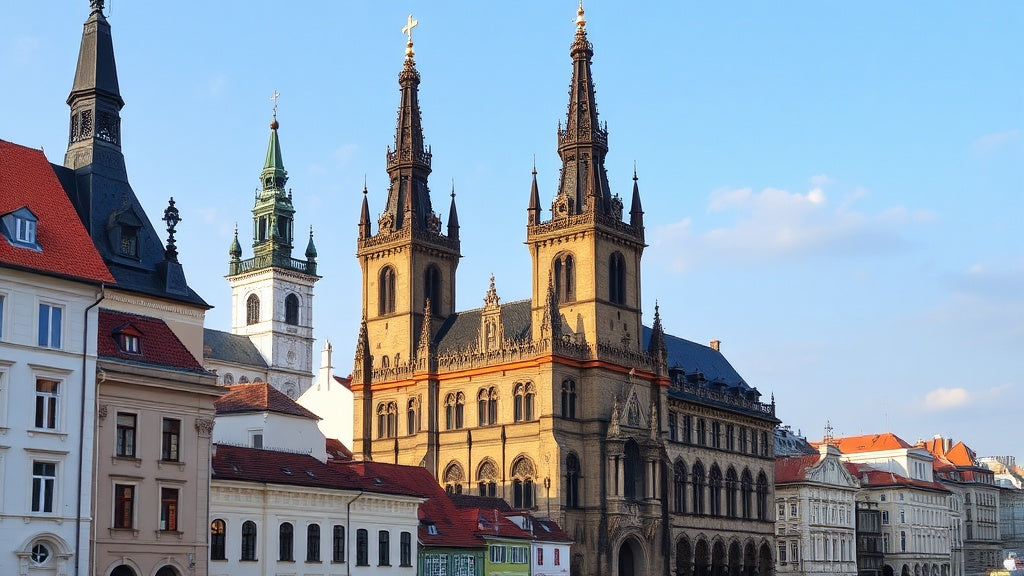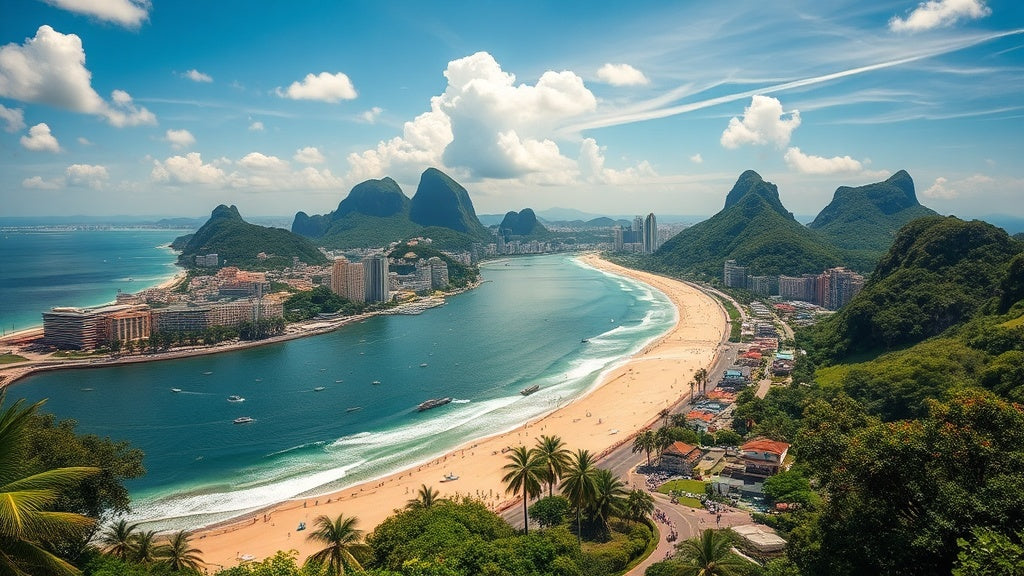
Epic Journey: The Rise, Expansion, and Fall of the Russian Empire
, by Unboxify, 5 min reading time

, by Unboxify, 5 min reading time
Russia's journey towards becoming an empire begins in the 13th century, when the territory was under the domination of the Mongols. Eastern Europe at this time was fragmented, with many principalities paying tribute to their Mongol overlords.
The Grand Duchy of Muscovy began to absorb its neighbors, gaining prominence and power. This expansion didn't go unnoticed by the Mongols, who appointed Muscovy as their representative in the region. Fast forward to 1480, under the leadership of Grand Prince Ivan III, the Muscovites had grown strong enough to challenge and eventually rebel against the Mongol successor state, the Golden Horde, securing their independence.
By 1547, Grand Prince Ivan IV, famously known as Ivan the Terrible, came to power. He ambitiously asserted control over his nobility, paving the way for centralized autocratic rule. This shift was crucial for the consolidation of Russian power.
Ivan died in 1584, and after a tumultuous period marked by his son Theodore's childless death, Russia endured what is known as the Time of Troubles.
The Time of Troubles ended in 1613 when Michael Romanov was elected Tsar. The Romanovs led Russia out of chaos, and under their rule, Russia saw significant growth and stabilization. Michael's grandson, Peter the Great, would later make substantial reforms to turn Russia into a major European power.
Peter the Great, a forward-looking ruler, embarked on a tour of Western Europe, where he was impressed by the advancements he saw, particularly in shipbuilding and city planning.
From 1700 to 1721, Russia was embroiled in the Great Northern War against Sweden. The war ended in Russia's favor, dramatically elevating its status as a great power.
These reforms increased governmental efficiency and remained in use until the Russian Revolution nearly 200 years later.
Catherine the Great, known for her education and appreciation for the arts, made significant strides in modernizing Russian culture. Despite some resistance from the nobility, Catherine succeeded in making lasting improvements.
Catherine's reign saw the Russian Empire grow even mightier, solidifying its place as a significant European power.
The 19th century marked the beginning of the end for the Russian Empire. The defeat of Napoleon marked a high point, but the subsequent years saw nearly a century of civil unrest and failure to adapt to technological and ideological changes.
The Russo-Japanese War of 1904-1905 proved disastrous for Russia. The defeat humiliated the nation and triggered widespread dissatisfaction with the government and Emperor Nicholas II.
The creation and eventual fall of the Russian Empire can be attributed to several key events:
Peter the Great, through his critical thinking and broad expertise, left an indelible mark on Russian and world history. His reforms laid the groundwork for Russia’s transformation into an empire.
For those serious about learning, skills like critical thinking and problem-solving are crucial. As Brilliant, today's sponsor, understands, these skills lay the foundation for expertise in any field.
The story of the Russian Empire is an epic tale of conquest, growth, reform, and eventual decline. From the rise of Muscovy to the transformative leadership of Peter and Catherine the Great, and finally, to the internal strife and external pressures that led to its fall, the history of the Russian Empire offers invaluable lessons in resilience, ambition, and adaptation.
Understanding this history requires more than just memorization; it demands deep contemplation and critical analysis, skills that Peter the Great himself exemplified throughout his reign.






